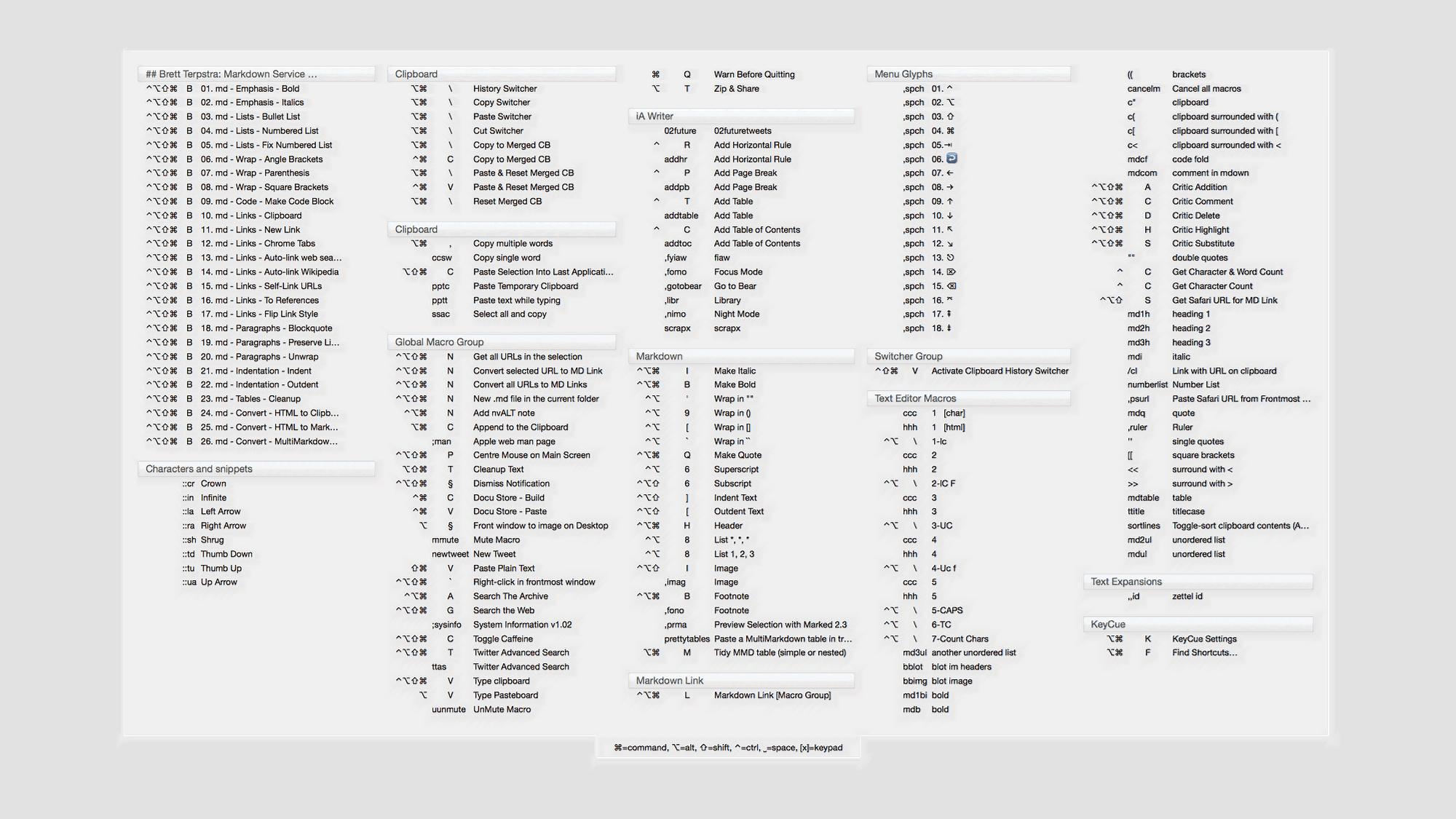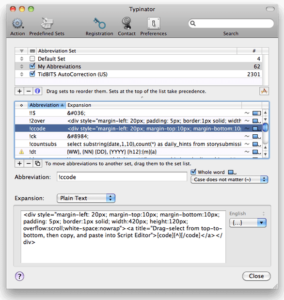
Swift - Use dotMatchesLineSeparators or (easier) pass the (?s) inline modifier to the pattern: let rx = "(?s)(.*)" Go - Use the inline modifier (?s) at the start ( demo): re: = regexp.MustCompile(`(?s)(.*)`) R icu stringr stringi - in stringr/ stringi regex funtions that are powered with the ICU regex engine. R tre base-r - Base R PCRE regexps - use (?s): regmatches(x, regexec("(?s)(.*)",x, perl=TRUE))] ( demo) Ruby - Use the /m MULTILINE modifier ( demo): s match across line breaks, while, in fact, it only changes the ^ and $ behavior to match start/end of lines rather than strings, the same as in JavaScript regex) ( NOTE: The MultiLine property of the RegExp object is sometimes erroneously thought to be the option to allow.

Vba vbscript - Use the same approach as in JavaScript, (*). Javascript - Use or workarounds / / ( demo): s.match(/(*)/)Ĭ++ ( std::regex) Use or the JavaScript workarounds ( demo): regex rex(R"((*))") If whole lines must be included, sed '/start_pattern/,/end_pattern/d' file (removing from start will end with matched lines included) or sed '/start_pattern/,/end_pattern/ The most precise, but not very safe, is sed 'H 1h $!d x s/\(.*\)>/\1/' ( H 1h $!d x slurps the file into memory).
#ATEXT VS TYPINATOR HOW TO#
Here are some examples how to override this: does not match the line breaks just because they are not in scope. However, most POSIX-based tools process input line by line. The tcl ( demo), postgresql ( demo), r (TRE, base R default engine with no perl=TRUE, for base R with perl=TRUE or for stringr/ stringi patterns, use the (?s) inline modifier) ( demo) also treat. already matches line breaks, so there isn't a need to use any modifiers, see bash ( demo). Boost's ECMAScript grammar allows you to turn this off with regex_constants::no_mod_m ( source).Īs for oracle (it is POSIX based), use the n option ( demo): select regexp_substr('abcde' || chr(10) ||' fghij', '(.*)', 1, 1, 'n', 1) as results from dualĪ mere. matches any character by default ( demo): str = "abcde\n fghij" expression = '(.*)*' = regexp(str,expression,'tokens','match') ( tokens contain a abcde\n fghij item).Īlso, in all of boost's regex grammars the dot matches line breaks by default. matches any character there, the same as POSIX-based engines.Īnother note on matlab and octave: the. The main difference is whether the pattern is used by a POSIX or non-POSIX regex library.Ī special note about lua-patterns: they are not considered regular expressions, but.

pattern match any character? The answer varies from engine to engine.


 0 kommentar(er)
0 kommentar(er)
